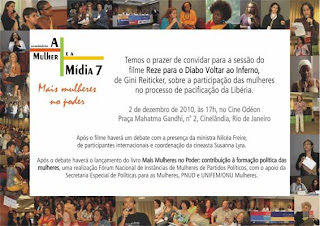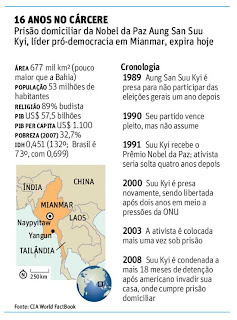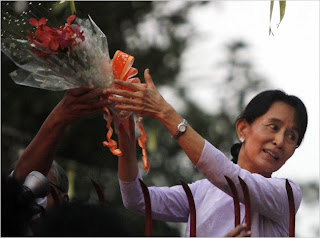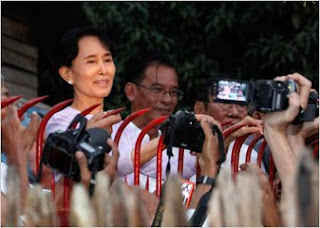
The president-elect was born on December 14, 1947 in Belo Horizonte (MG)- Brazil.Daughter of Bulgarian engineer and poet Petar Russév (naturalized Brazilian Rousseff as Peter) and the Brazilian professor Jane Dilma Silva. In 1967, already attending the School of Economics, Federal University of Minas Gerais, Dilma began military Hill (Command of National Liberation) against the military dictatorship. She was arrested in 16 de january of 1970, and tortured for three years.
Rousseff held the positions of secretary of the Treasury of the Municipality of Porto Alegre (1986-89), president of the Economics and Statistics of Rio Grande do Sul (1991-93) and Secretary of State for Energy, Mines and Communications.He was Minister of Mines and Energy folder between 2003 and June 2005, occupying the post of Chief Minister's Office and affiliated with the Workers' Party (PT) since 2001.
Before becoming a candidate, Dilma revealed he was undergoing a treatment for a lymphoma, cancer of the lymphatic system, which was discovered in April 2009 from a lump in the armpit, in a routine examination in the initial phase. Dilma completed radiotherapy treatment and said he was cured.
Government guidelines. The 13 items are: strengthening democracy and economic policy, expansion of employment and income; project to ensure sustainable transformation of production, protect the environment, eradicating absolute poverty, special attention to workers, guaranteeing equal education for social change Brazil in power technology, guaranteeing the quality of the Unified Health System (SUS) to provide housing and dignified life for the Brazilians; enhance the national culture, combating organized crime and defend the national sovereignty.
THE FAMILY SCHOLARSHIP was born to confront the greatest challenge of Brazilian society, which is to fight hunger and poverty, and empower the poorest families in the country. Through the Family Grant, the federal government provides monthly cash benefits to needy families. Throughout the campaign, the strategy was Dilma claim that, if elected, would continue the government of President Lula. She proposed expanding programs that have become popular in the current government, such as Family Scholarship,My Home, My Life and Pro-uni.
We Brazilian women have achieved a great victory, electing for president of Brazil, the first woman: Rousseff and believe in your competence.
The election of a woman has an impact in Latin America. For Latin America, the choice of Dilma also be symbolic, after Michelle Bachelet in Chile and Cristina Kirchner in Argentina. Will have a much bigger impact, since Brazil is the leading Latin American country, which has greater economic and political power.
Dilma and Bachelet comes from leftist movements, have suffered persecution by the dictatorship.






